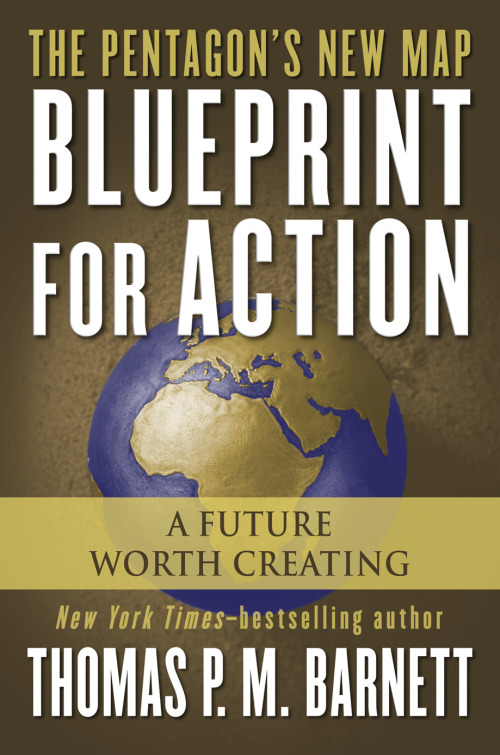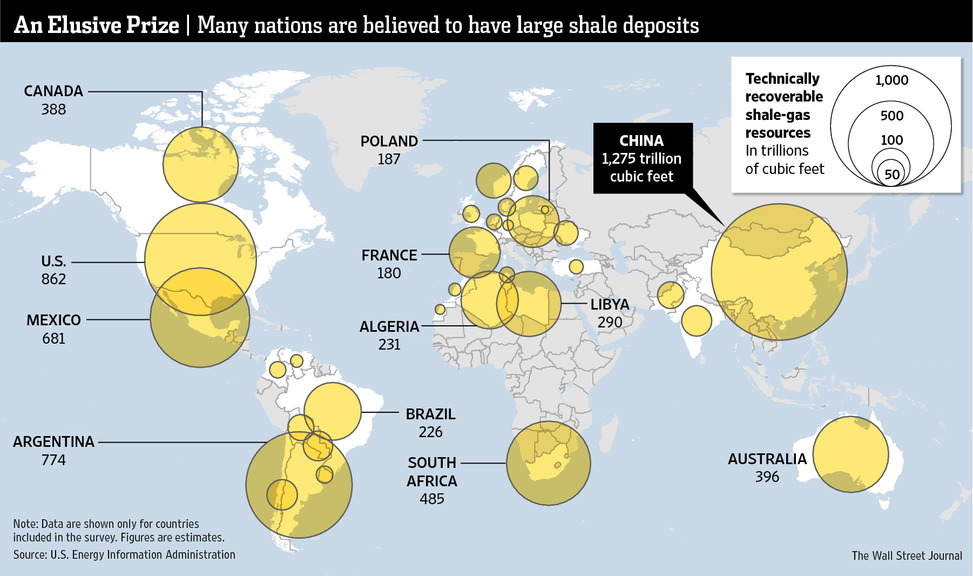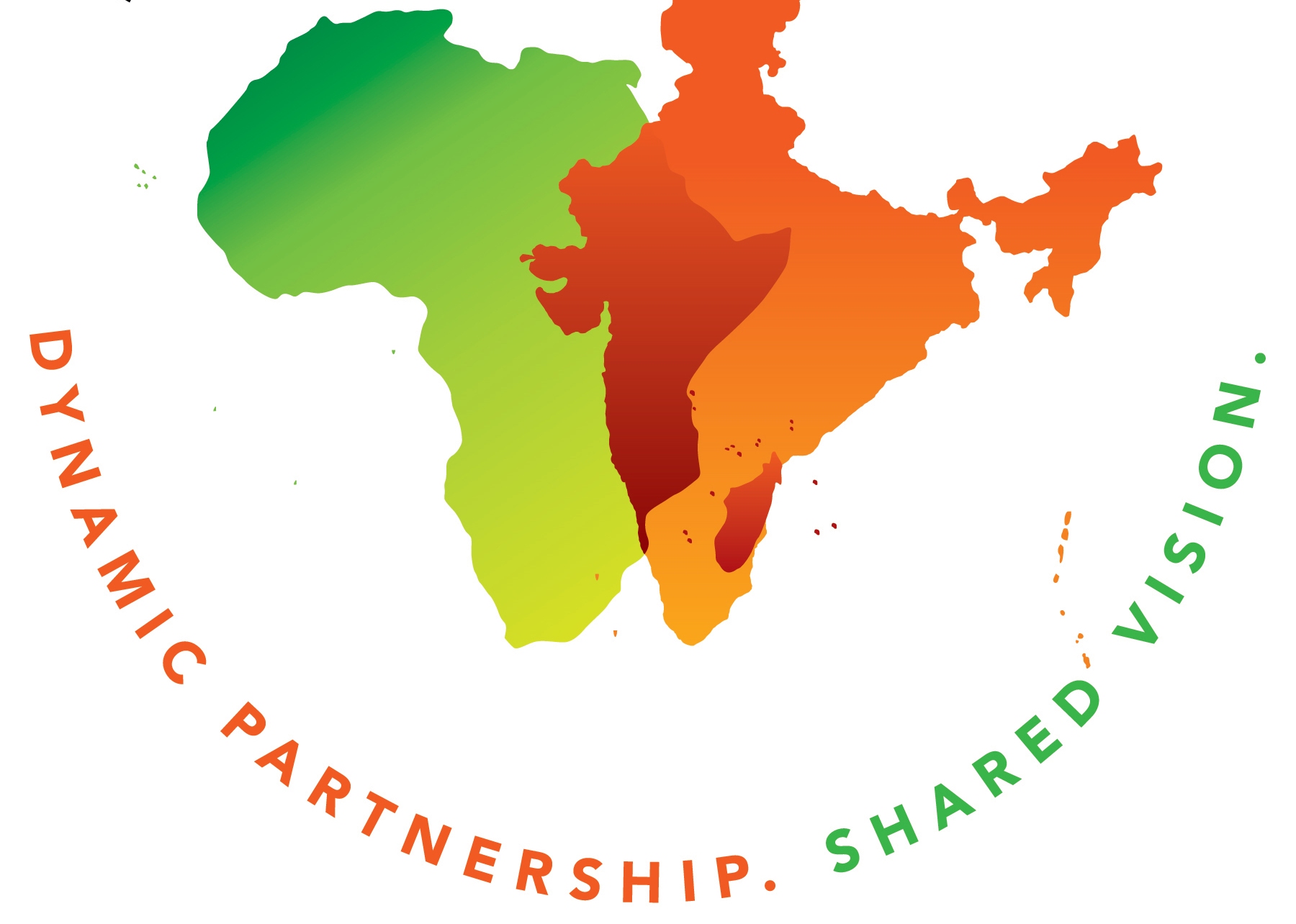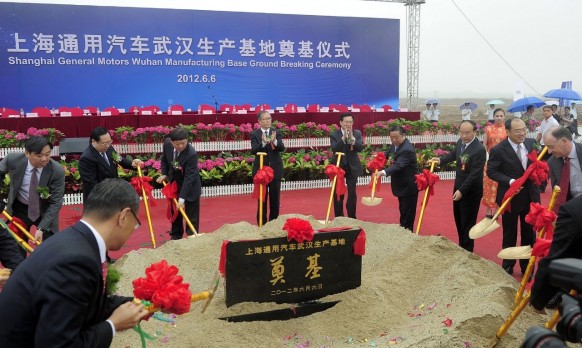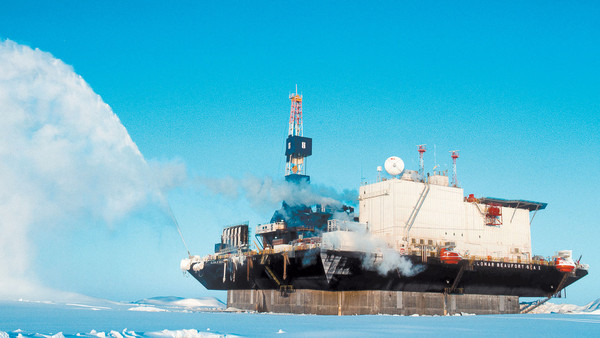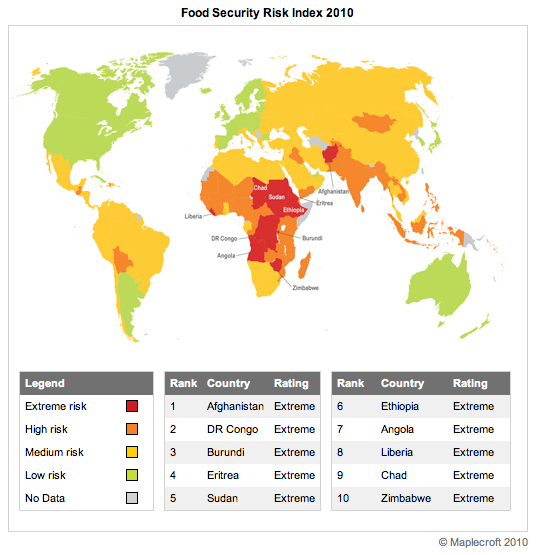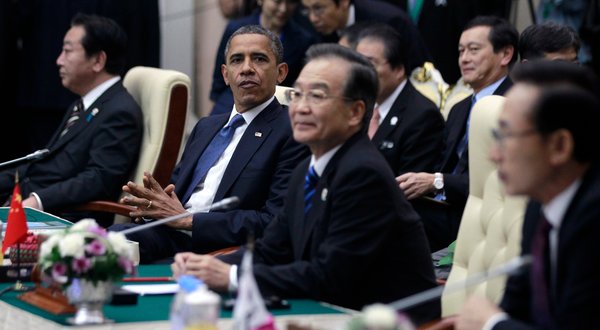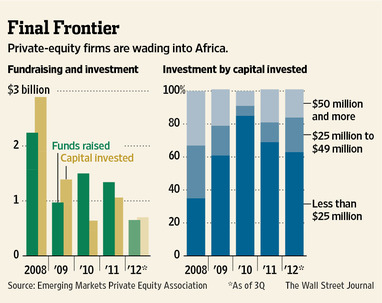 Trio of stories (2 FT and 1 NYT) on evolving ideologies of Russia (old leader), Egypt (new leader) and China (new leader).
Trio of stories (2 FT and 1 NYT) on evolving ideologies of Russia (old leader), Egypt (new leader) and China (new leader).
Putin is floating a unique Russian civilization idea - likely as his legacy signature concept in governance. The purpose is setting the long-term course of how Moscow handles the federation's many nationalities. For now, a trial balloon, but already the blowback is sensed and it's building. These nationalities naturally feel like they're being told to assimilate or find themselves a bit lost in Russia's future - as defined by Putin et al.
Morsi in Egypt is now revealing a similar bias on his effort with the constitution. He wants to make it so Islamist that Egypt's many minorities are reacting badly, seeing no good space for themselves in Egypt's future on this basis.
My point in raising both issues: when you argue civilization and, on that basis, identity (typically tied to religion), then you're saying, "This is how we're going to run this place and this is how we're going organize our connectivity with the outside world - by requiring this sort of homogeniety at home."
Problem is, the self-limiting nature. If you want connectivity, you want to promote diversity. That attracts the bodies and minds and the money. This is an old concept, as in back to Amsterdam and the Dutch when they built up their global nets. England picks up this vibe and does similarly. The US gets the DNA via New Amsterdam-cum-New-York.
When you don't care about identity/religion on this level, you take on all comers, meaning you're open for business with everyone. That's how you succeed.
Third cite: Xi Jinping in China resurrecting "Chinese dream" notion as part of his reform/progressive agenda.
That "dream" apes the US version, which is centered on success and the pursuit of happiness.
Why good? It says your identity is more about success than comformity and homogeniety. You'll work with anybody, because the dream trumps the exclusionary identity.
So, my point: if you go the civilization/religious identity route, you scare off connectivity and globalization (or certainly retard it), but if you go the "dream" route, you choose pragmatism over such identity. Your identity is simply your culture of success.
I think both Russia and Egypt will learn the limits of this approach, and it will be a painful process. But these are natural growth patterns.
China, I think, risks the other pathway: the cult of success makes it harder to promote morality.
So it's the old choice: preserve the identity and the attached morality, or risk both by opening up and prioritizing success.
Why I always advocate the latter: It simply works better on raising income, and when you raise income, it's a virtuous cycle, as the people become even more tolerant and open, seeing the value in this path.
Meanwhile, if you choose identity over success, you makes less money and achieve less, and you tend to trigger a vicious cycle, as the outside world becomes more evil in your eyes ("Why won't they do business with us on our terms?")
But this is why China succeeds where Russia (and I fear Egypt) will not.
 Friday, December 14, 2012 at 9:55AM
Friday, December 14, 2012 at 9:55AM  KCNA VIA KNS / AFP / GETTY IMAGES
KCNA VIA KNS / AFP / GETTY IMAGES 














